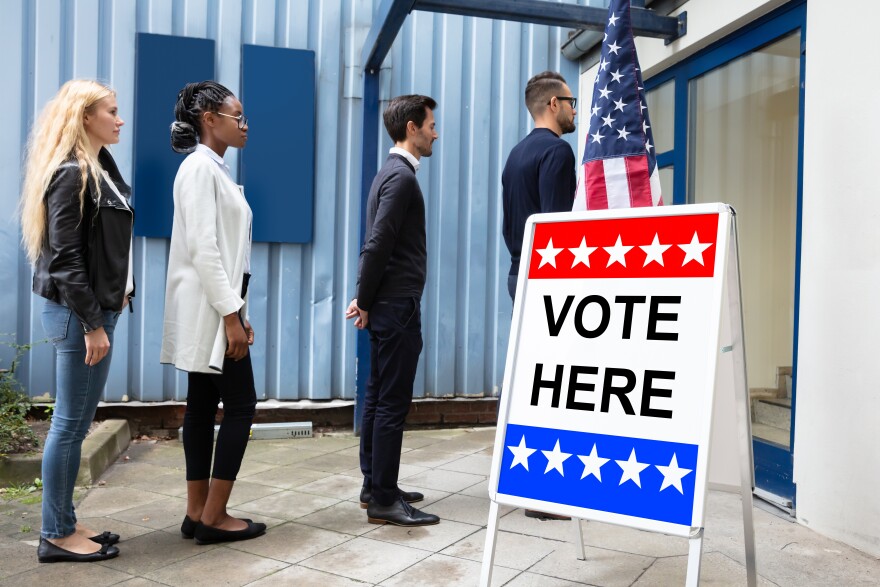In a landmark decision, the U.S. Supreme Court has upheld a pair of Arizona "election security" laws that many experts believe will suppress votes in the next election.
In a six-to-three conservative-liberal split, the justices upheld Arizona laws requiring voters to cast a ballot only in their assigned precinct, and making it illegal to collect ballots and drop them off at an elections office.
In Utah, voting-rights advocates are concerned it could pave the way for changes, even though they see the state's election system as fair and efficient.
Josh Sellers, associate professor of law for the Sandra Day O'Connor College of Law at Arizona State University, agreed the decision could embolden other legislatures to adopt laws aimed at voter suppression.
"There are these laws at issue in this case, but there's all the other prospective laws that are on the horizon, so we have to kind of wait and see what other laws are implemented before the next election," Sellers cautioned. "But there's certainly the possibility that these laws threaten to, I think, decrease voter turnout. That concerns me."
Sellers, who teaches voting-rights law, says lower courts ruled the Arizona laws appeared to be aimed at making voting more difficult for people of color. Republicans say their goal in passing stricter laws is to make sure elections are secure.
Katie Matheson, communications director of Alliance for a Better Utah, believes the state already has one of the better voting systems in the country, but is concerned some lawmakers may be tempted to tinker with it.
"We do know that there are some lawmakers, that we're keeping a close eye on, who we're worried may want to implement more voting restrictions as time goes on," Matheson explained. "And they see their colleagues in other states around the country implement voting restrictions."
Sellers added it is now up to Congress to pass a voting-rights bill to establish basic election rules.
"There is a bill that's under consideration, named after the late Congressman John Lewis, that would restore the pre-clearance regime that used to be in effect," Sellers noted. "That would require states to get preapproval before enacting voting laws and regulations."
Since the November election, more than a dozen states have passed laws that restrict voter access to the polls. Sellers believes many will be challenged in the courts before the 2022 election, but this week's ruling will make those cases harder to win.


